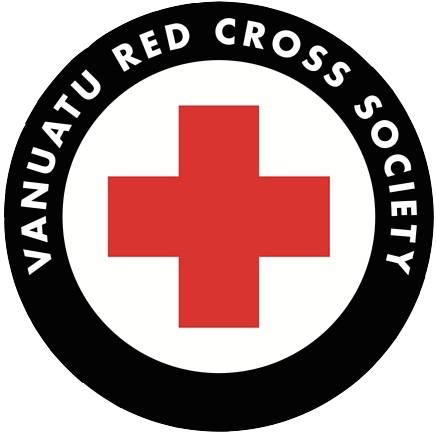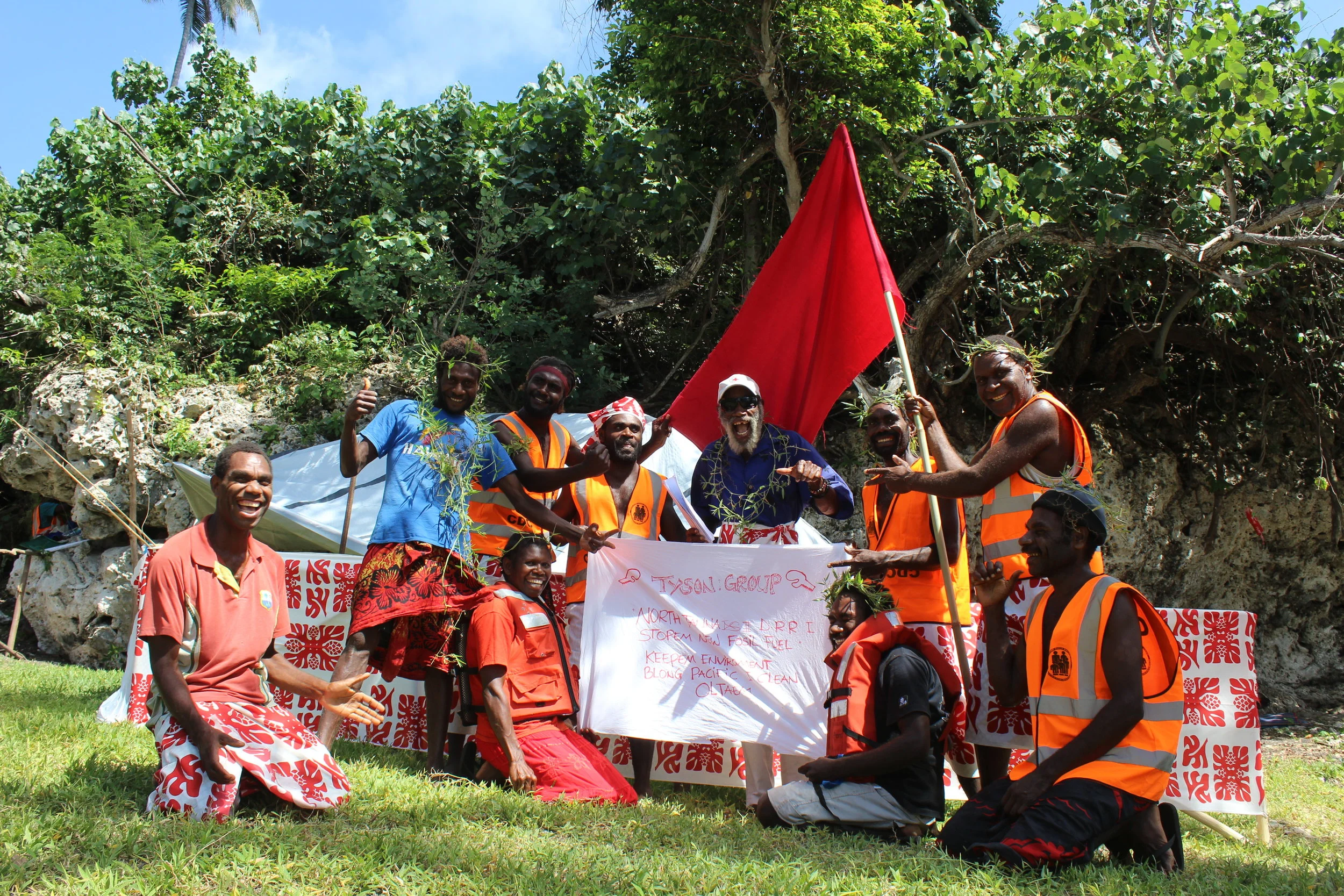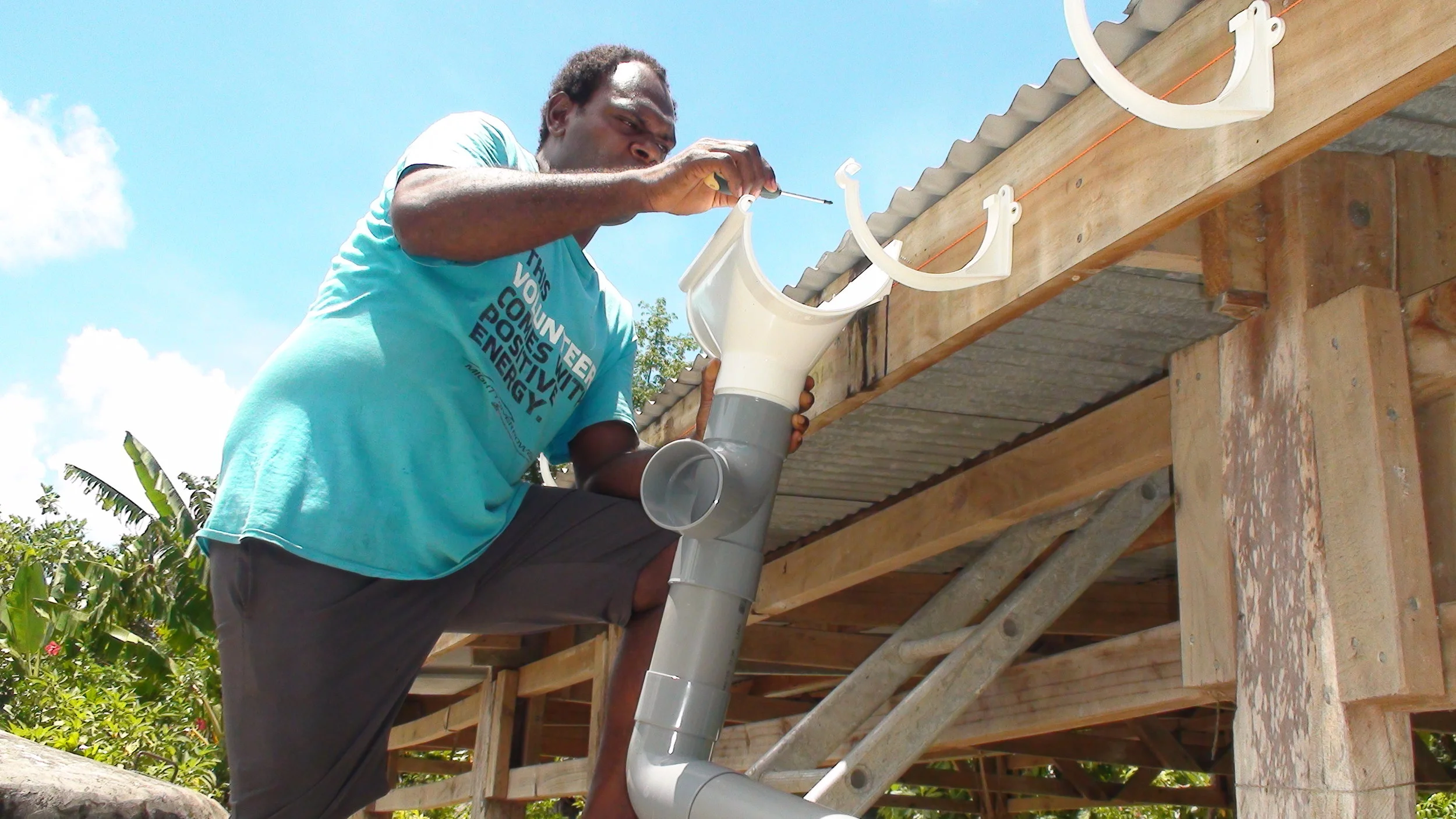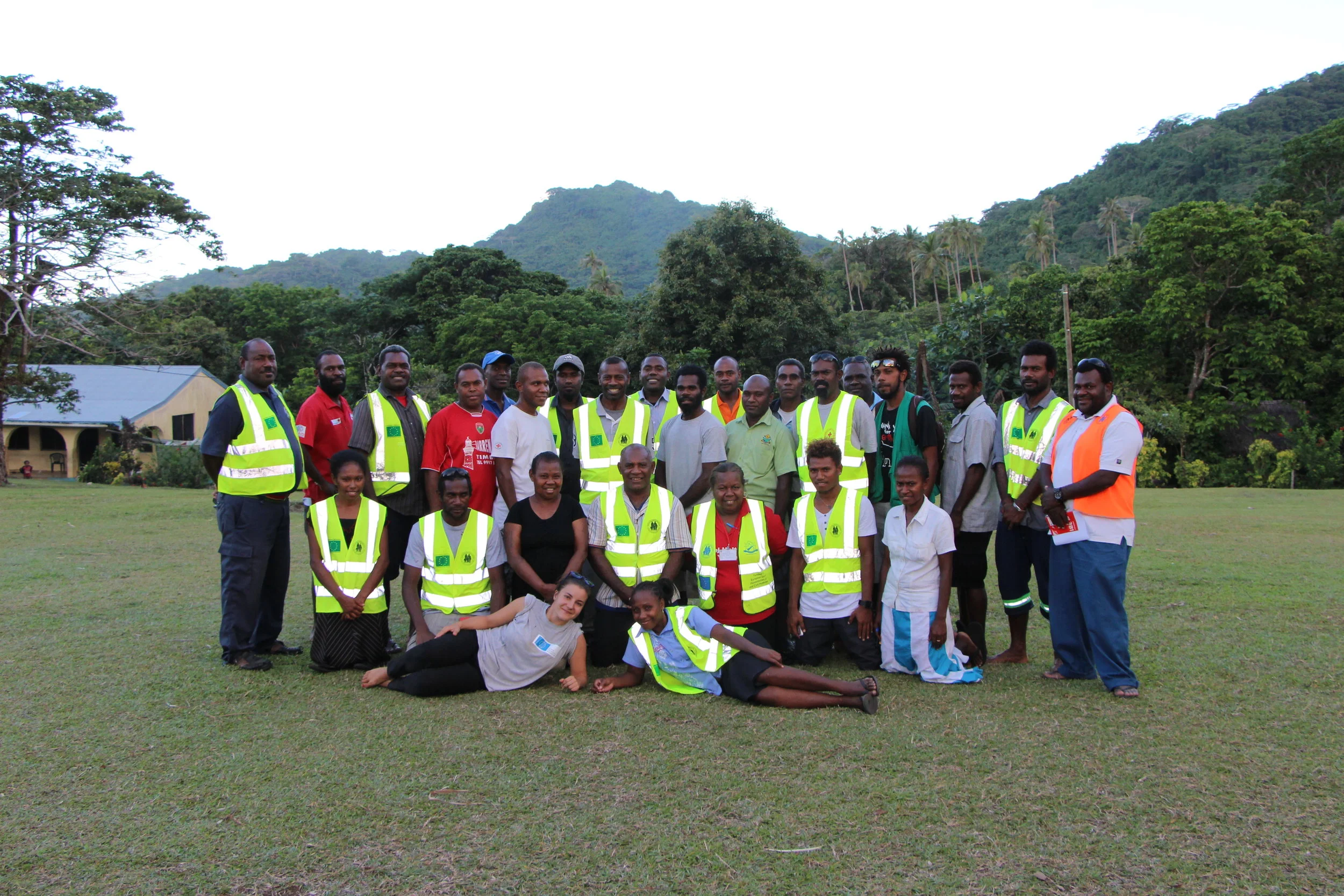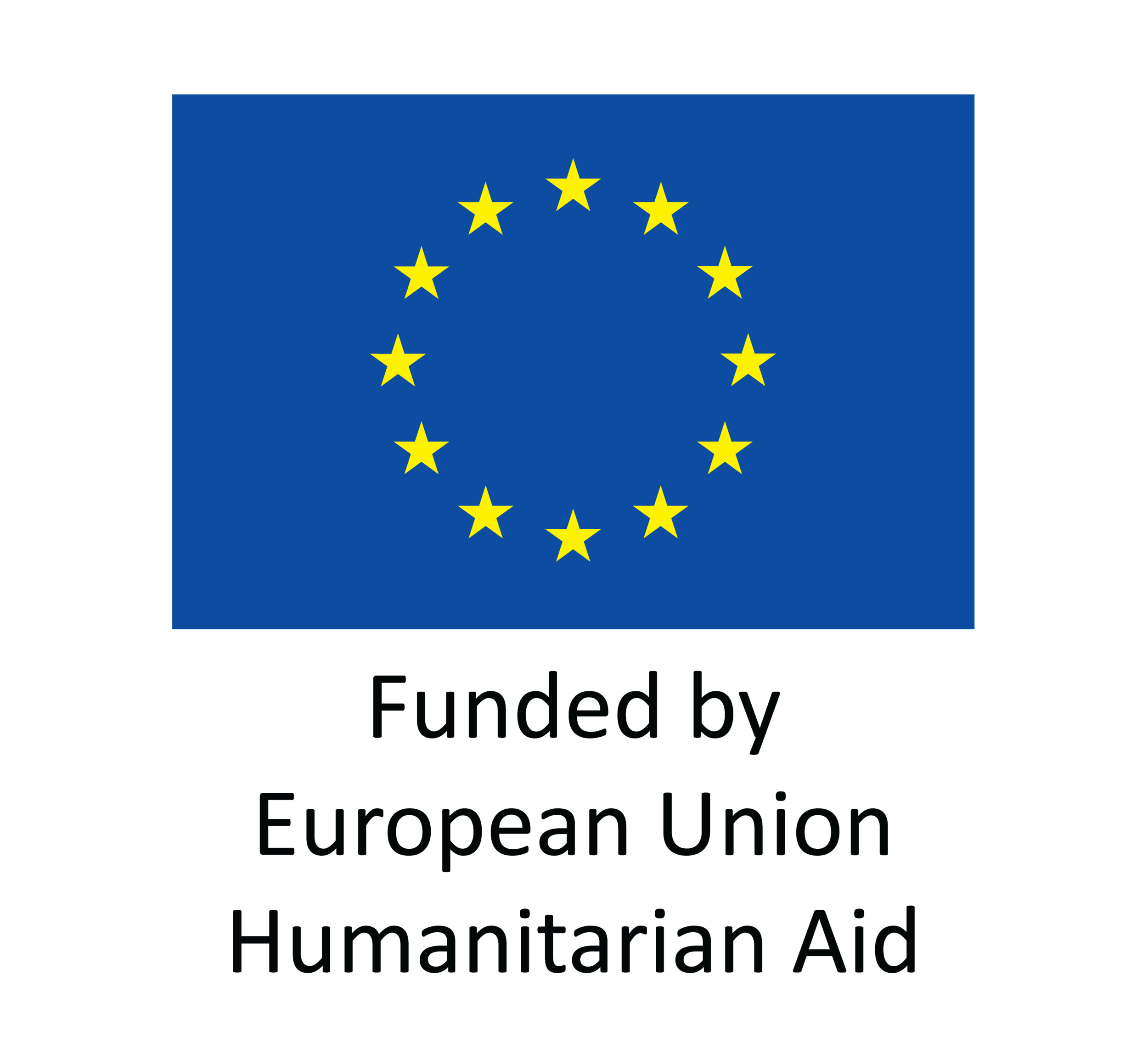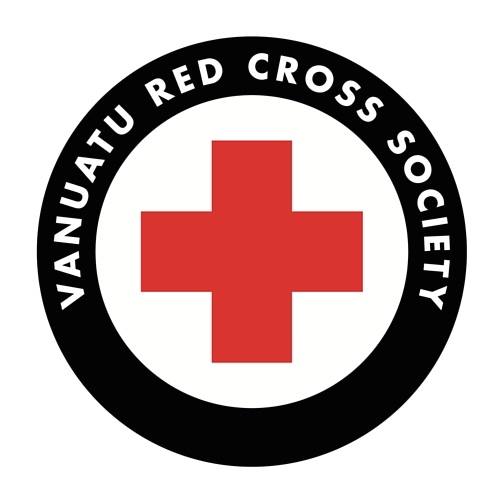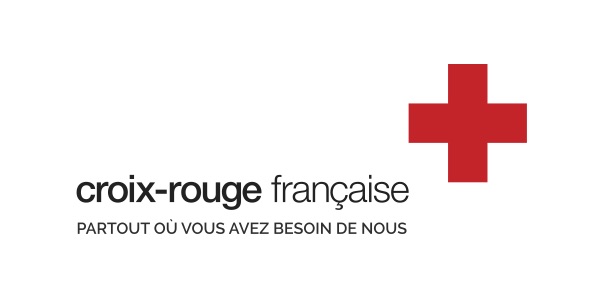Workshop Participants and Facilitators
From 11th to 14th of October in Sola, the Vanuatu Red Cross Society (VRCS)/French Red Cross (FRC) organized a Provincial Disaster Simulation Exercise (SIMEX). This activity was organized in the frame of a disaster risk reduction project funded by the European Union and implemented by the VRCS/FRC in partnership with 25 communities of Torba Province.
Working Group Brainstorming during simulation exercise
The SIMEX was designed to gather last feedbacks from and to get consensus within the Provincial Disaster Committee (PDC) and Area Council Secretaries (ACS) to finalize the Provincial Disaster Plan (PDP) for Torba Province, as well as to test the procedures developed in the plan. PDC coordination role in particular was tested for Provincial Emergency Operations (PEOC) set up, early warning dissemination, compilation of results from community first damage assessment forms, organization of technical assessments, and definition of response options. The Standard Operations Procedures guiding these actions are described in the plan and will help the Provincial Government and communities of Torba Province - composed of numerous scattered islands where some of the remotest communities in Vanuatu live - to be better prepared in case of natural disaster and to organize an efficient response.
In real action conditions, participants had to deal with a Category 3 Tropical Cyclone threatening whole Torba Province. Injects were timely released by facilitators according to the scenario chosen. They included text messages and emails from the National Disaster Management Office and the Vanuatu Meteorological and Geo-hazards Department, phone and radio calls from ACS, letters from partners, etc. The SIMEX was closed by the organization of a fake TV interview on Voice Blong Torba Show (see picture). Besides, upon PDC members’ request, two (2) sessions were offered by the VMGDon El Niño /La Niña phenomena and conducted by a VMGD staff stationned in Sola for a few months. Finally, The SIMEX was also an opportunity to train participants on the Community First Assessment Form newly released by the NDMO, and to celebrate International Disaster Day on October 13th.
This Provincial Simulation Exercise is the first of its kind to be ever conducted in Vanuatu, along with the one conducted in Tafea Province at the very same time. The methodology was developed in the frame of the YUMI REDI Consortium, with the support of Oxfam. This SIMEX is also the result of months of collective efforts from the NDMO, the Red Cross, PDC members and ACS. More than 20 PDC members (representing most of the provincial department) and 3 ACS for Torba Province came over to participate in the four-day training and SIMEX along with NDMO representatives and the Secretary General for Torba Province Mrs. Ketty Napwatt. “I am glad we will finally have our Provincial Disaster Plan in Torba Province; this is a true achievement for everyone and a guideline we can refer to. Besides, a simulation exercise is a good way to identify gaps.” – said Judah Silas, Chief of Police, PDC Chairman playing Operations Manager during the SIMEX and PDC member.
Exercise on Risk Maps
VRCS/FRC and NDMO facilitators were impressed by PDC members’ reactivity and involvement, which is the result of a fruitful 6-year partnership between the Red Cross, the NDMO, Torba Provincial Government and communities. Another result is the development and appropriation of tools by PDC members. Indeed, the tools developed throughout the project (e.g. Risk Maps of all islands of Torba Province) were presented to and used by participants during exercises. At the end of the week, they were donated to Torba Provincial Government to be used at the new NDMO Office opening in November. Material was also donated to ACS for them to use it in their respective offices on the islands. After the tremendous work carried out together and with these new tools, partners trust Torba Province is equipped to cope rapidly and effectively with future disasters.
The last steps before ending this long partnership with Torba Province comprise the signature of the PDRP by the NDMO, Torba Province and the VMGD, as well as a Lessons Learned Workshop to officially hand over the final PDRP and to deliver the NDMO Community-Based Disaster Risk Reduction Handbook (that will be launched in November 2016). If this workshop will officially be the final point for Together Becoming Resilient program, Torba Province will still need continuous support due to its high vulnerability to disasters.
This article covers humanitarian aid activities implemented with the financial assistance of the European Union. The views expressed herein should not be taken, in any way, to reflect the official opinion of the European Union, and the European Commission is not responsible for any use that may be made of the information it contains.
